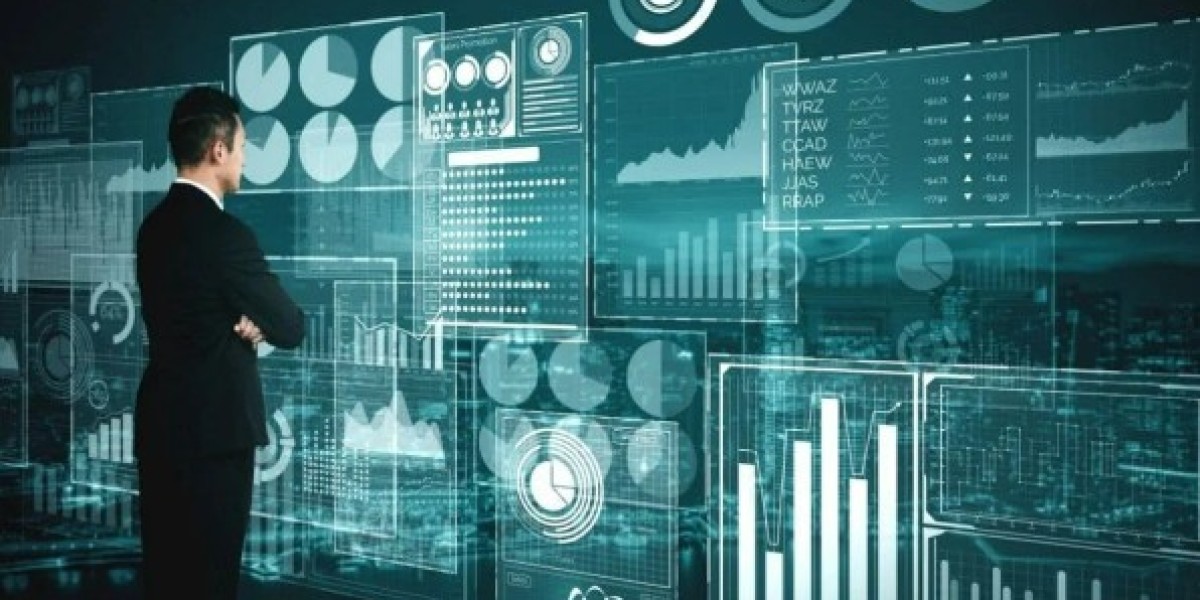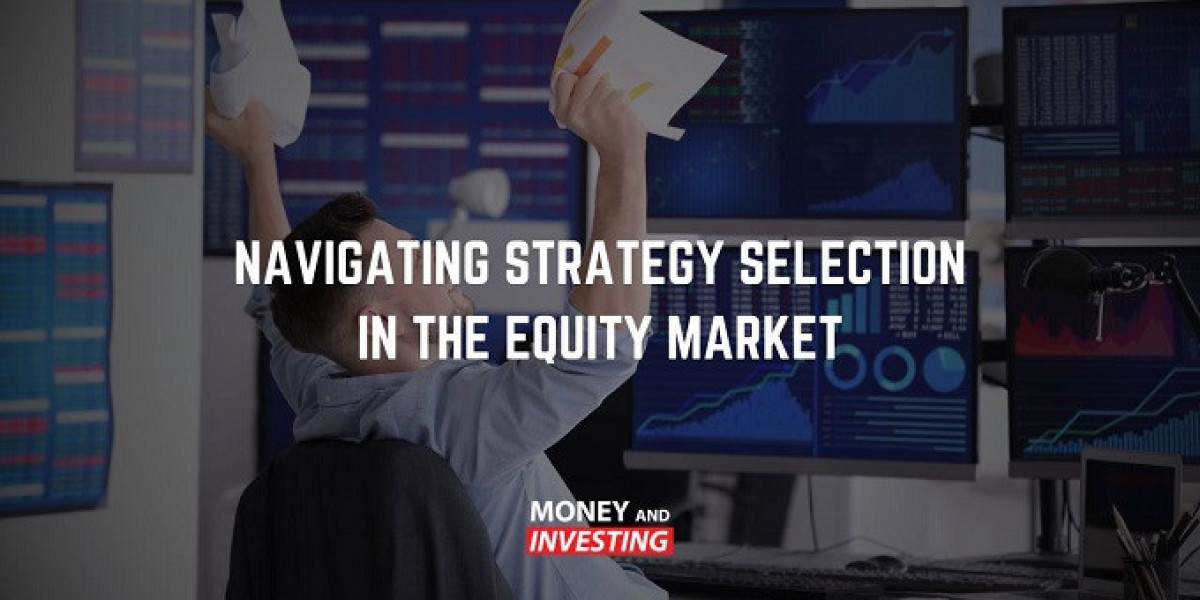In this competitive digital age, brands and businesses seek innovative ways to improve their marketing strategies and attract future customers. One such invaluable tool is data. For example, have you ever searched for car loan options online and received ads from top companies offering loans for an entire week?
This is an example of data science in action with marketing strategy. MarketsAndMarkets research predicts analytics market size to reach $28 billion by 2026. This advanced technology aids marketers and advertisers by saving time and monetary resources to create successful campaigns and help them reach their right target audience.
Glimpse of Data Science & Marketing Analytics
Data science is studying and extracting meaningful insights from vast data sets with algorithms, data models, methods, and data visualization skills. The field of data science is the talk of the town. Statista studies claim there will be 181 zettabytes of data by 2025, which is way above what an average consumer can imagine.
Marketing analytics is utilizing sentiment analysis and customer data based on their communication on social media with the brand. By adopting a solid analytics process, managers can understand the reason behind the campaign's success and failures and later take necessary action.
In the blog, we will witness the future of data science in marketing analytics.
Data Science Future in Analytics Marketing
- Detailed Customer Segmentation
For customers, the concept of one size fits all doesn't apply. However, customers from the target audience can be grouped based on their tastes, preferences, pain points, needs, and other attributes. Data scientists utilize machine learning algorithms and data visualization skills to create an ideal consumer group and perform advanced lead targeting.
Customer segmentation via algorithms helps identify similarities among audiences that have a high chance of being missed by human observation.
2. Real-Time Data Processing
In a period when audiences prefer quick responses and the latest news and updates, real-time analytics is essential. With this feature, data can be monitored when collected, allowing marketers to make necessary changes.
For example, marketers can study emerging trends and make the latest changes to ongoing campaigns to enjoy benefits over time advantage.
3. Sentiment Analysis
Sentiment analysis is a process for models and algorithms to understand the tone of text messages, whether positive, neutral, or harmful. The concept is based on NLP (Natural Language Processing) technology that can monitor consumer reviews and behaviors in real time to understand the market condition.
Sentiment analysis seamlessly blends and bridges the gap between marketing and data science. It contributes to understanding and reviewing the brand's product/services. Though it was performed manually earlier, the task is now being completed faster and more accurately.
4. Adopting AI Systems
AI and machine learning algorithms are a massive part of the data science future. With advanced AI algorithms, marketers can provide personalized customer experience, automate repetitive tasks, and improve marketing campaigns. With the feature, companies can expect enhanced solutions and customized customer recommendations.
How Is a Career in Marketing as a Data Scientist Beneficial?
Keeping data science and marketing different for businesses can become costly. Brands can lose on to make extra profits by ignoring the new and evolved technology.
Data scientists are trained to use algorithms and accurate models to perform strategic analysis. They also have exceptional data visualization skills to present the extracted information. Meanwhile, marketing professionals can use the data extracted to create strategies and attract a brand's target audience.
By combining these skillsets, brands can understand their customer better. The actionable insights, when applied, can result in increased sales and conversion rates. McKinsey & Company's study claims that companies leveraging customer behavior data outperform peers by 85% in sales growth and more than 25% in gross margin.
The future of data science in marketing analytics is more than just a passing trend. Instead, the field holds immense potential. As the market continues to navigate new changes, being updated and open to modifications will aid you in leveraging data science capabilities.
Data Science in Marketing Analytics FAQs
Is data science useful for digital marketing?
Marketers can use data science to identify customers and their position in the marketing funnel. With the proper identification, personalized strategy and plan can be created to attract, engage, and retain the customer and foster the brand image.
What is the future of data science in marketing?
The combination of data and marketing is already doing wonders for brands in the market. In the future, more collaboration and teamwork between data science professionals and marketing managers can be expected to bring analytical and creative skills to the same table.
Do marketers need to know data science?
For many years, marketers have been using institutions and applying what has been working for the last years. However, the amount of data is changing heavily. It is impossible to keep track of such data without the help of a data analyst or scientist. But, with expert advice, marketers can make optimum decisions and achieve great results.









